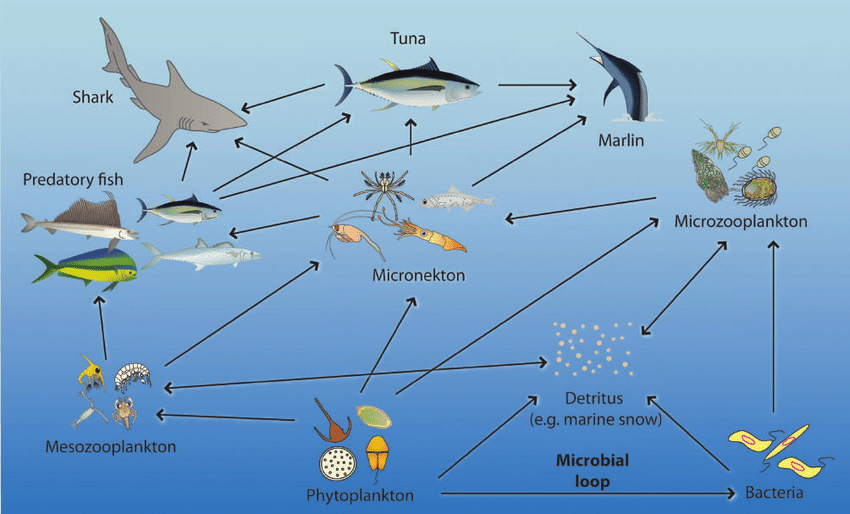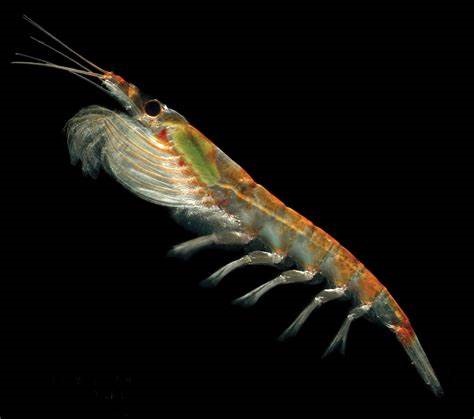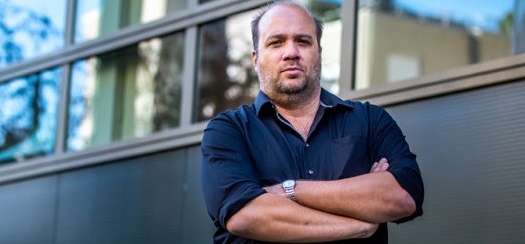You are a biologist focusing on biological networks. What do we mean by these networks?
Many biological systems can be modelled by networks. Cells, animal social groups or ecosystems can be described as systems of a large number of interactive agents. Understanding how they interact and what are the consequences of these connections is the goal of network science. The agents depend on the system and the system depends on the agent, so network analysis helps a lot to link different hierarchical levels (proteins to the cell, individuals to the social group, species to the ecosystem).

Your presentation in the frame of the Alumni Hungary Webinars focuses on marine sustainability. What are the main challenges to marine ecosystems, and what tools can science – especially network biology – can provide as a response?
We keep pigs or cows for our needs, in huge farms functioning as “meat factories”. But in fisheries, the catch is coming from nature, from the marine ecosystem. In this case, a population can be depleted, and the multi-species system gives several reactions as direct and indirect effects spread in the food web. The sustainability of marine fisheries, thus, does not only depend on economics and technology but also on the vulnerability and resilience of the marine ecosystem. Network modelling helps to better quantify effects and simulate the responses of the multispecies community. Ideally, we should eat species whose absence is less disturbing for others and for the ecosystem.
Our culture supports constant economic growth and consumption. Do you think is realistic that sustainable thinking and actions can really be widespread on a global scale within the current socio-economic system?
No. Both our population and our consumption are huge, far larger than what this planet can support. Constant growth with finite resources is nonsense and we are frozen in the complexity of our own system. We are out of control, but we are not flexible, we cannot adapt and so there is not much chance that we can live in some sustainable harmony with nature once again. Most of what we consider as success is only superficial, postponing the real problems. In ecology, you can seriously destroy a system but see it collapse only decades later, so understanding cause-effect relationships is not easy.

What can we do on an individual level to support sustainable marine life?
First of all, we should not give it up. Both individuals and governments, global organizations have to act rapidly and firmly. As a person, be flexible and mobile, support progressive democratic powers, reconstruct a house instead of building a new one, do not over-control grass and trees in your garden, do not buy illegal natural products like ivory, eat a little less meat, have a few happy children and reconsider always your social norms and cultural habits.
What could be a realistic goal(s) for the conservation of marine ecosystems?
Scientists know a lot, but important decisions are influenced mostly by politics and lobbies. Also, the rigidity of bureaucracy does not make it easier to implement major changes. So, it would be important to consider scientific results more seriously, to ensure that big players agree with international conventions and to dramatically reduce the complexity of administrative processes (bureaucracy, legislation). For example, assessing maximum sustainable yields and landing obligations should be based on ecosystem models, less influenced by markets and political lobbies.
